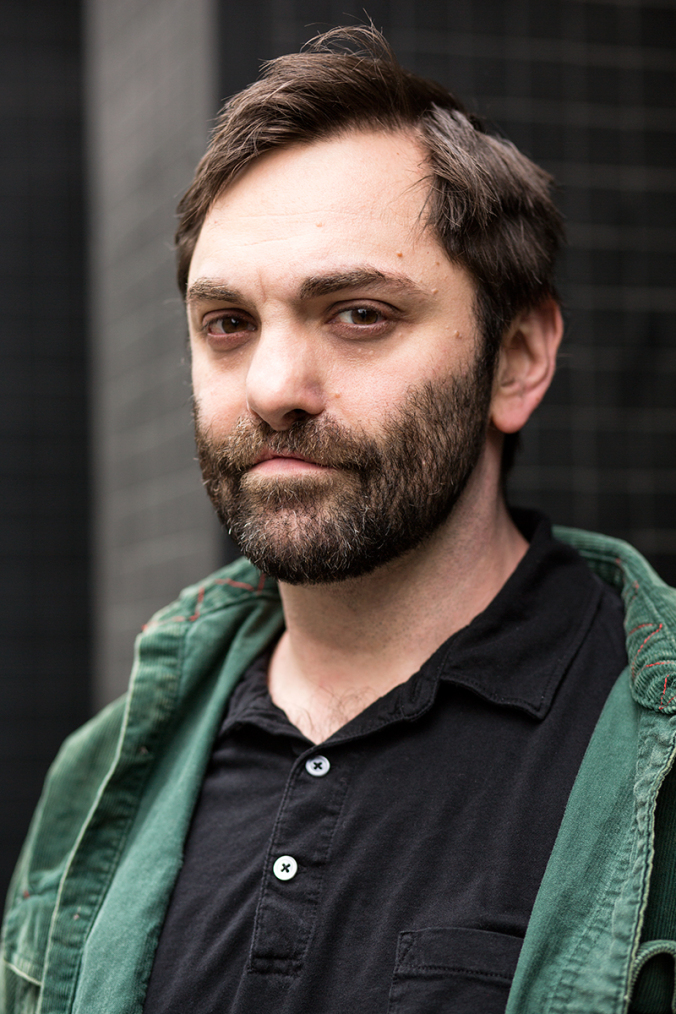
Christopher Shinn’s plays include Where Do We Live (2005 Obie Award for Playwriting), Dying City (2008 Pulitzer Prize Finalist), An Opening in Time (Hartford Stage), Teddy Ferrara (Goodman Theatre), Picked (Vineyard Theatre), Now or Later (Royal Court), and Four (Royal Court).
His plays have also been produced by the Donmar Warehouse, Lincoln Center Theater, Playwrights Horizons, Roundabout Theatre, South Coast Rep, and Manhattan Theatre Club. He is a recipient of the Guggenheim Fellowship in Playwriting and teaches at the New School for Drama.
Can you tell us a bit about your background and why you started writing plays?
My mother grew up deprived of culture, and so exposed me to culture from an early age. I loved acting and writing and when I was old enough to understand that the two disciplines in a way come together in playwriting, I started writing plays.
Your first professionally produced play, Four, premiered at the Royal Court Theatre, and many of your plays have premiered in London before being produced in the United States. What is different about having a play produced in the United States and having one produced in London?
The biggest difference is the audience. Audiences in London are younger and the energy in the auditorium is much more alive.
Your plays deal with issues of class, power, sexuality, war, and human psychology, among other things. What draws you to the subjects you write about?
I’m interested in reality — in what actually happens — and in understanding reality, analyzing it. To do that you need to have lots of ways of looking at it. My plays reflect my general interests and are informed (but not determined) by the disciplines I’ve studied to try to get a deeper understanding of why things happen as they do.
You teach playwriting at the New School of Drama. How does your work as a professor influence your work as a playwright?
A great thing about being a teacher is that you are forced to articulate what you believe. In doing so you learn the flaws and limitations in your thinking, spurring you to further thought. Also, it is wonderful to be around younger people who have grown up in a somewhat different world. They also challenge me to refine my thinking. But the best thing about being a teacher is how good it feels to help people grow.
You are a fan of psychoanalysis, and many of your plays are deep explorations of the human psyche. What draws you to psychoanalysis, and how does this interest show up in your works?
Psychoanalysis is the attempt to understand what is going on at the level of psychic reality. What creates our dreams and why? What do our fantasies mean? How do these deeper layers of our minds inform our actions in everyday life? Psychic reality is in some ways still culturally taboo, yet it is present in almost all great drama from the Greeks onwards. We persist in refusing to come to terms with who we truly are, but at the same time, there is a deep desire to know. Art and psychoanalysis at their best offer us the possibility of knowledge, and confrontation too with our inability to fully know ourselves, and the dangers and temptations of believing we can.
What inspires you?
I’m inspired by getting to know people, hearing about how they think and feel, learning about their histories and desires. And I’m inspired by great minds who are traveling to unexplored territory in an attempt to further fill out our understanding of reality. Essentially I am inspired by intimacy — sharing, openness, and risk.
What kind of theatre excites you?
I like theatre that communicates something absolutely unique and honest and isn’t trying to control or manipulate. Theatre that is unrepressed, generous, and clear.
What advice do you have for playwrights starting out?
To be a playwright, one should write plays, read great literature, study deep thinkers from before our current era, go to psychotherapy, and most importantly, cultivate the skills required for genuine intimacy.
What projects are you working on now?
I have various projects at different stages of completion and hope there will be some firm news by the end of the year about at least some of them!
